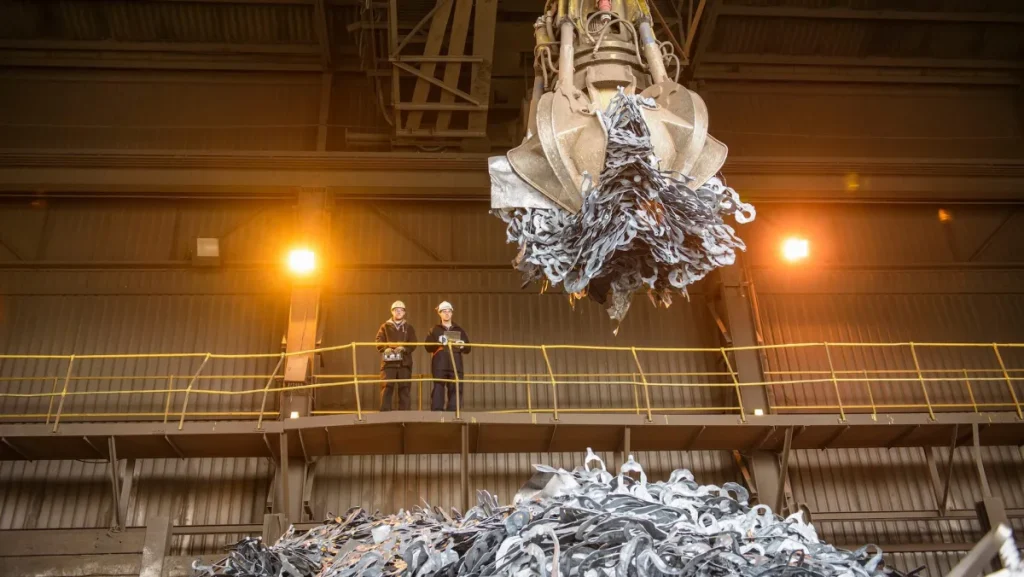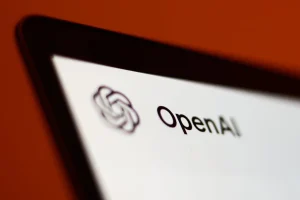Sortera is transforming America’s scrap aluminum issue into profitable opportunities.

Image Credits:Monty Rakusen / Getty Images
The Recycling Revolution: Aluminum’s Untapped Potential
Recycling plays a crucial role in sustainable practices, and among various materials, aluminum stands out. This highly versatile metal can be recycled indefinitely without quality loss, making it an environmentally beneficial choice. Surprisingly, only about one-third of aluminum used in the U.S. is recycled. The primary challenge hindering this process is sorting mixed aluminum scrap, a long-standing issue for the recycling industry.
The Challenge of Aluminum Recycling
One of the most significant barriers to effective aluminum recycling is the difficulty in sorting different grades of aluminum. Various alloys have distinctive properties, which can be challenging to differentiate once they are mixed together. Misclassification can significantly devalue the aluminum, making it less attractive to potential buyers and recycling operations.
Michael Siemer, CEO of Sortera, has been tackling this problem head-on. His team has developed a groundbreaking system that boasts over 95% accuracy in separating aluminum grades. This advancement holds the potential to unlock a massive resource often left untapped in recycling operations.
How Sortera Is Changing the Game
Sortera’s innovative approach utilizes advanced artificial intelligence (AI) to identify aluminum grades. The system leverages data from multiple sources, including lasers, X-ray fluorescence, and high-speed cameras. These technologies allow it to classify aluminum chips—each about the size of a large potato chip—in a mere fraction of a second. As Siemer explains, “Ten milliseconds is a long time” in this context.
Once the AI identifies the grade, precise jets of air guide the chips to the correct bins. This rapid classification is critical because traditional recycling methods often require melting the aluminum first, making accurate identification of alloys much more cumbersome. Improper sorting leads to a mixed product whose value is significantly diminished.
The Impact on Profitability
Sortera’s remarkable sorting accuracy contributes to more than just environmental sustainability; it has also paved the way for financial gains. Siemer notes that as sorting accuracy improves, profit margins increase exponentially. Achieving sorting rates above 90% unlocks significant profitability, with 92% providing a reasonable margin, 95% delivering a substantial margin, and rates near 98% creating impressive financial returns.
Since August, Sortera has achieved cash flow positivity, driven entirely from its Indiana plant. This success is allowing the company to expand, evidenced by their recent fundraising efforts. They secured $20 million in equity and $25 million in debt, aimed at establishing a second facility in Tennessee.
Expansion Plans: New Facilities on the Horizon
Sortera’s second plant, slated to open near Nashville in April or May, will mirror the operations of the Indiana facility. Siemer reports that the Indiana plant operates around the clock, processing millions of pounds of aluminum each month. This expansion signifies not only growth for Sortera but also a broader movement to improve recycling efficiency.
Sourcing Aluminum: The Role of Automotive Scrap
So where does Sortera’s aluminum supply come from? The majority of the scrap aluminum processed is sourced from shredded automobiles. Each aluminum grade behaves uniquely during shredding, creating distinct visual cues that the AI leverages for classification. Siemer explains, “The chemical differences manifest themselves in the shredding.” Variations in alloys produce identifiable tears and folds that serve as additional clues.
This method of sorting shredded aluminum demonstrates the potential for enhanced recycling practices. With every refined process, the possibility of conversion to viable automotive materials increases, aiming to meet the demands of an automotive industry that increasingly relies on lightweight metals for fuel efficiency.
A Future in Automotive Manufacturing
As Sortera’s processes improve, much of its recycled aluminum is expected to find its way back into automotive assembly lines. Major automotive manufacturers have been steadily increasing their use of aluminum to minimize vehicle weight and improve fuel efficiency. As Siemer states, “Every auto OEM on the planet has been to Indiana at least twice,” highlighting the industry’s keen interest in recycling efforts.
Beyond Aluminum: Future Opportunities
While Sortera remains primarily focused on aluminum for the present, the company is already exploring methods to process other metals like copper and titanium. Siemer asserts that their technology could instantly sort the estimated 18 billion tons of aluminum produced annually in the U.S. Every single pound could be sold profitably, underscoring the enormous potential in recycling efficiency.
Conclusion: A Sustainable Future
In summary, aluminum recycling, despite its challenges, presents an incredible opportunity for both economic and environmental benefits. With innovations like Sortera’s AI-driven sorting technology, the recycling industry can unlock new resources and improve profitability while contributing to sustainability efforts. As the company continues to expand its operations and explore new metals, the future looks bright for not only Sortera but also for the overall landscape of recycling in America.
Thanks for reading. Please let us know your thoughts and ideas in the comment section down below.
Source link
#Sortera #turning #Americas #scrap #aluminum #problem #cash





